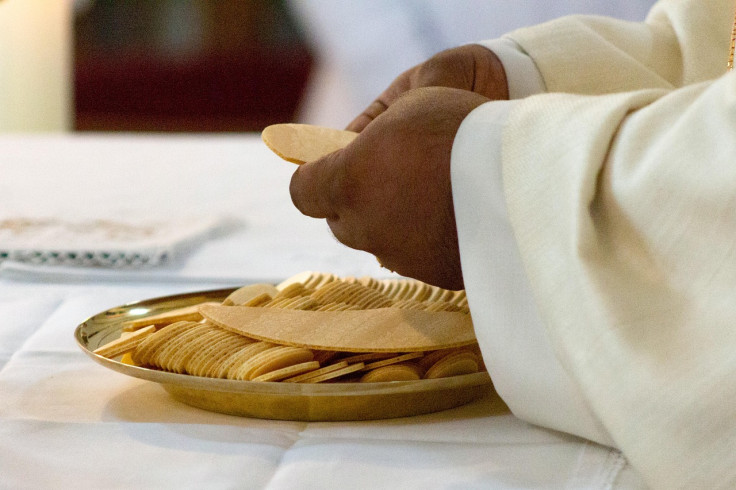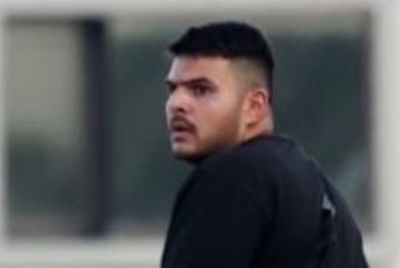Priest Denies Communion to MP Over Support for Assisted Dying Bill: Will He Face Consequences?
Priest's decision divides opinion, raising questions about church discipline, moral authority, and the role of religion in public life

A Catholic priest's decision to refuse holy communion to a Member of Parliament after he voted in favour of assisted dying has sparked a heated debate about faith, politics, and church discipline.
The incident raises questions about whether religious authorities will hold firm or soften their stance on such contentious issues.
The Incident in Dorking
On 20 June 2025, Chris Coghlan, the Liberal Democrat MP for Dorking and Horley, voted in favour of the Assisted Dying Bill in Parliament. Shortly after, at his local church, St Joseph's in Dorking, Father Ian Vane announced that Coghlan would be denied communion. This announcement was made during the 8am and 10am masses, which are attended by more than 150 parishioners each Sunday.
Coghlan described his treatment as 'outrageous' and has since lodged a formal complaint with Richard Moth, Bishop of Arundel and Brighton. The priest had warned him beforehand that supporting the bill would be seen as 'obstinately persevering' in sin, a phrase rooted in church doctrine. The priest's decision appears to be an act of moral discipline, aimed at enforcing church teachings on the sanctity of life.
The Catholic Church's Stance on 'Assisted Dying'
According to our sources, the Catholic Church is against assisted dying, including euthanasia and physician-assisted suicide. It teaches that human life is sacred and a gift from God, and only God has the authority to give and take life.
The Church believes that intentionally ending a person's life to stop suffering is morally wrong and is considered murder. However, it also states that certain medical treatments can be discontinued if they are burdensome or disproportionate, as long as death is not directly caused.
The Church encourages providing care and compassion to the sick and suffering, but not actively ending life. Overall, the Church upholds the dignity of every human life and opposes assisted dying in any form.
Church's Justification and Response
The Catholic Diocese of Arundel and Brighton defended the priest's actions. In a statement, the diocese emphasised the church's belief in the sanctity of life and noted that Bishop Moth had encouraged clergy and laypeople to communicate their concerns to MPs privately before the vote. The diocese also said Bishop Moth had spoken to Coghlan and offered to meet him to discuss the matter further.
Father Vane's stance aligns with traditional Catholic teachings, which regard the support of assisted dying as a grave moral issue. The priest had previously written to Coghlan, asserting that as 'custodians of the sacraments', priests have a duty to uphold church doctrine. The decision to deny communion is seen by some as a religious response to what is perceived as a serious moral breach.
Public and Political Reactions
Coghlan has criticised the church's move, stating that it undermines the legitimacy of religious institutions in public life. He argued that the pressure placed on MPs to conform to church teachings could interfere with their democratic duties.
Coghlan also highlighted that he received supportive messages from constituents who witnessed the church's stance, and claimed that other faith-based MPs faced similar pressure before the vote.
© Copyright IBTimes 2025. All rights reserved.





















